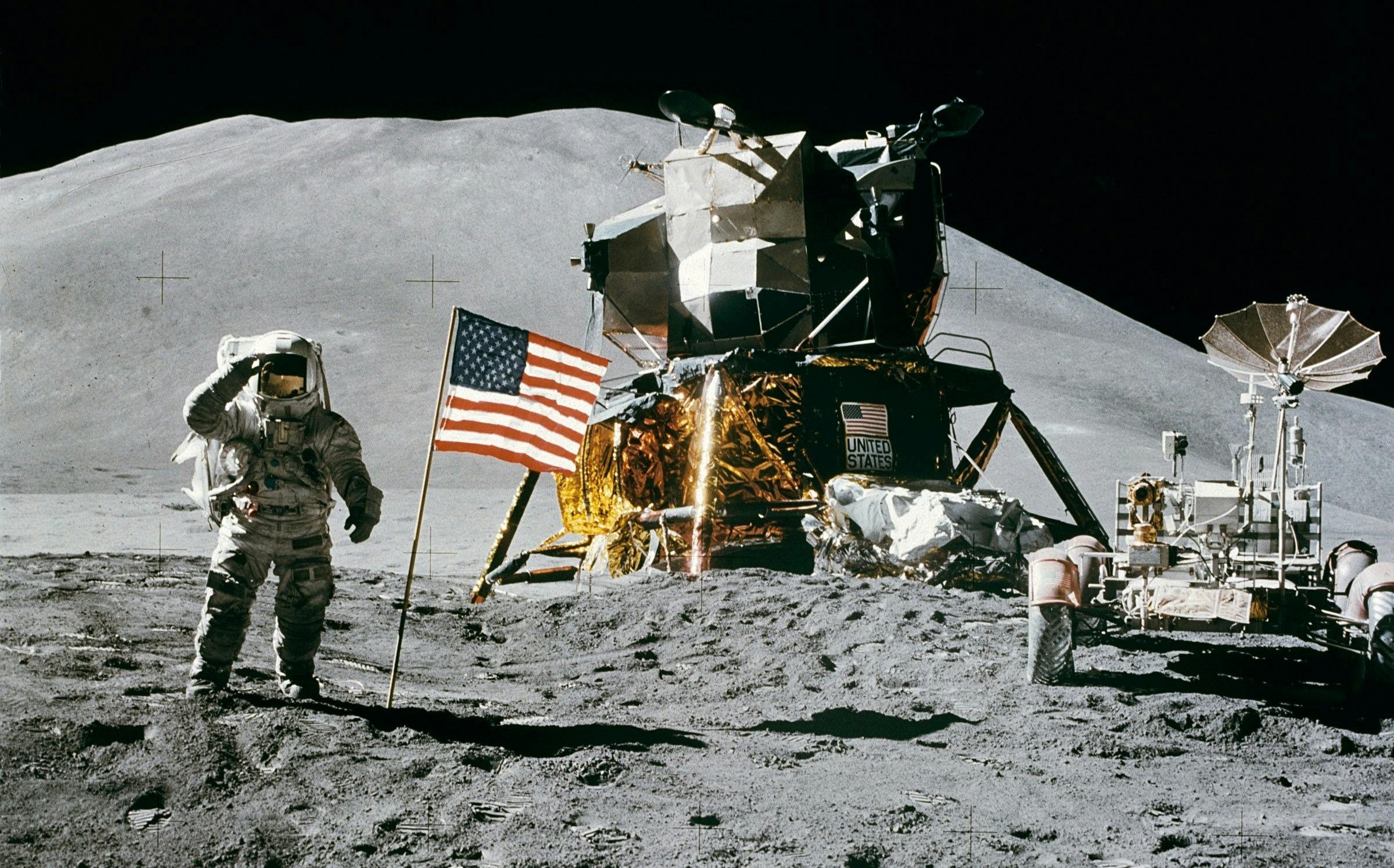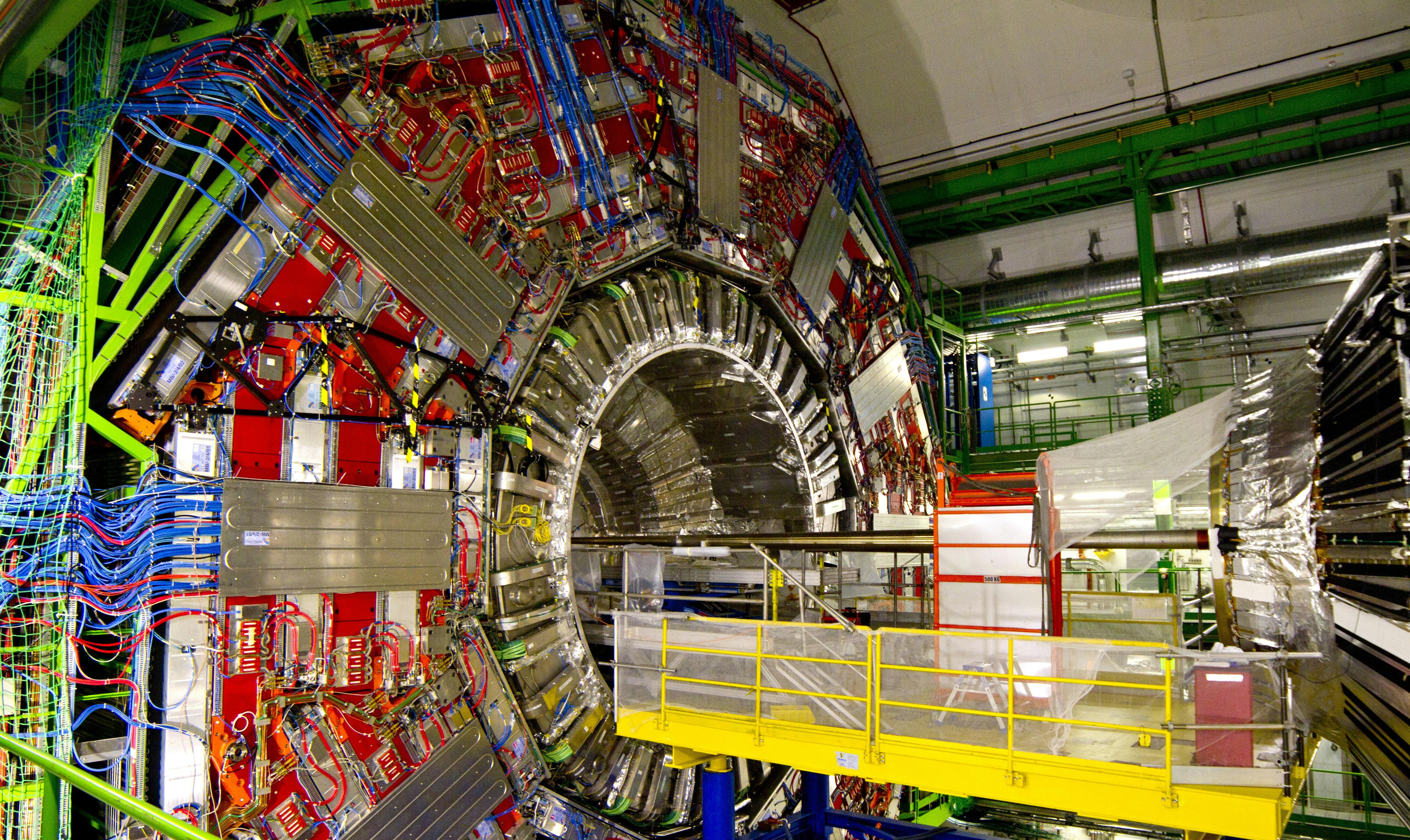
At the 3rd Publishing and Technology Innovation Conference, Arnold Pippel, Senior Vice President of Global Journals at Elsevier, proposed three key strategies for empowering the research community through technology: optimizing peer review processes, developing intelligent writing assistants, and establishing open data platforms. Meanwhile, Springer Nature showcased its article...

The Trump administration's 2026 budget proposal includes plans to shut down one of LIGO's (Laser Interferometer Gravitational-Wave Observatory) interferometers, cutting its operational funding by 40%. This move has drawn strong opposition from the scientific community, which warns it would severely compromise the observatory's ability to precisely locate major cosmic events suc...

The European Organization for Nuclear Research (CERN) has unveiled detailed plans for its Future Circular Collider (FCC), a groundbreaking 91-kilometer superconducting particle accelerator with an estimated cost of €21 billion. Designed to probe the fundamental nature of the Higgs boson and search for unknown particles like dark matter, the FCC will be constructed in two phases...

The U.S. National Institutes of Health (NIH) has announced a major overhaul of its research funding mechanism, increasing the budget allocation for "high-risk, high-reward" projects—such as cancer vaccines and neurodegenerative disease therapies—from 12% to 20%. Under the new policy, scientists may submit unconventional research proposals without preliminary data, with the revi...

In a groundbreaking discovery, NASA's James Webb Space Telescope has identified carbon dioxide and water vapor in the atmosphere of K2-18b, a planet located 120 light-years away orbiting a red dwarf star. With temperatures suitable for liquid water, this marks the first time both crucial molecules have been detected simultaneously in a habitable zone exoplanet, suggesting poten...